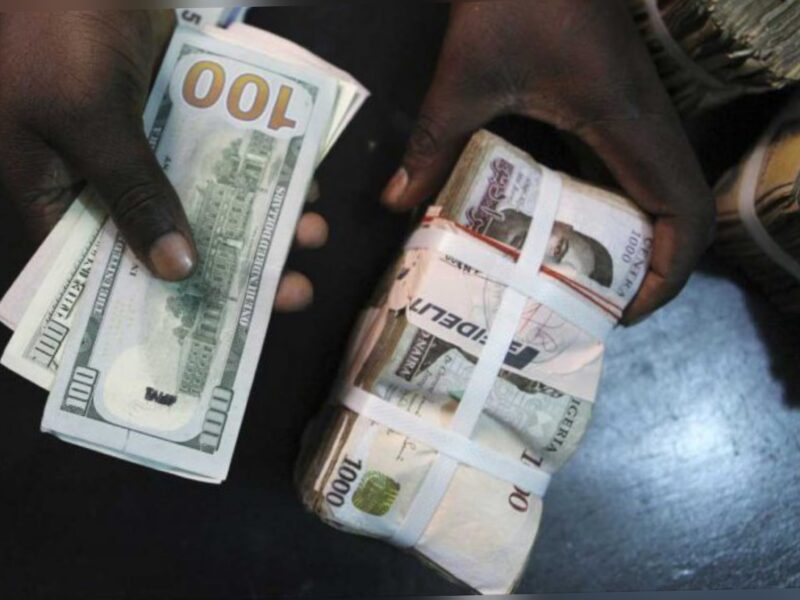Abuja, Nigeria – The Nigerian naira continued its upward trajectory in the foreign exchange market, appreciating to N1,514 per dollar at the parallel market on Wednesday, February 19, 2025. This marks a gain of N11 or 0.72% from the N1,525/$1 recorded the previous day.
The appreciation is attributed to the Central Bank of Nigeria’s (CBN) sustained forex policy implementation, which has increased dollar liquidity among banks and Bureau De Change (BDC) operators.
Naira Stability at Official Market
At the official Nigerian Foreign Exchange Market (NFEM), the naira remained stable, closing at N1,510/$1, the same rate as Tuesday. According to CBN data, the intra-day trading high and low stood at N1,513 and N1,507, respectively, while the weighted average rate settled at N1,510.
This stability has further narrowed the gap between the official and parallel markets to just N4, a significant improvement from previous weeks.
CBN’s Policy Drives Market Confidence
The strengthening of the naira has been linked to several strategic measures by the CBN, including the non-renewal of banks’ US dollar swaps and the increased participation of banks in selling interbank proceeds to BDCs.
The President of the Association of Bureau De Change Operators of Nigeria (ABCON), Aminu Gwadebe, lauded the CBN’s efforts, attributing the appreciation to its “resilient and transformative leadership strategy.”
“The naira’s appreciation is phenomenal and exciting. We congratulate the apex bank and fiscal authorities on this achievement,” Gwadebe said. “The BDCs have demonstrated their effectiveness in implementing the CBN’s forex policies, ensuring transparency and investor confidence.”
He also noted that banks have been left with significant dollar liquidity due to the CBN’s decision not to renew dollar swap transactions, further easing forex pressures.
Background: CBN’s Revised Forex Guidelines
In December 2024, the CBN revised its guidelines to allow licensed BDCs to purchase foreign exchange directly from authorized dealers, aiming to curb market volatility and close the gap between the official and parallel markets.
However, the implementation faced challenges, with BDC operators citing reluctance from banks to comply. Initially set to expire on January 31, 2025, the policy deadline was extended to May 30, 2025, to allow for smoother implementation.










Join our Channel...